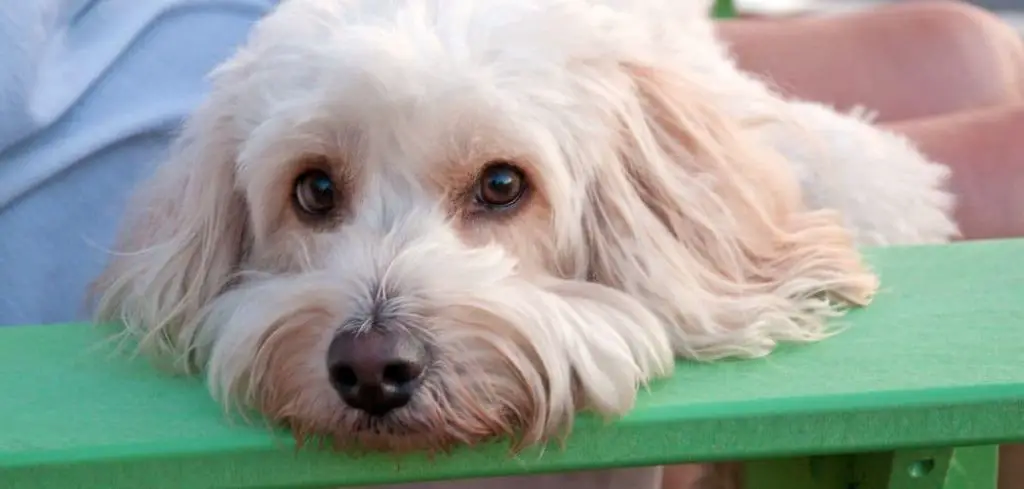When your dog starts drinking a lot more than usual and having loose stools, it’s hard not to worry.
This combination of symptoms can stem from mild digestive upset—or something more serious like infection, metabolic disease, or organ dysfunction.
We outline the common causes of dog drinking a lot of water and loose stools, what you can do at home, and when to seek veterinary help.
Dog Drinking a Lot of Water and Loose Stools — Why It Happens
Dogs may drink more and develop loose stools due to gastrointestinal upset, infections, food sensitivities, parasites, or chronic illnesses like diabetes or kidney disease.
When the body loses fluids through soft or watery stool, dogs instinctively drink more to stay hydrated.

Common Causes of Dog Drinking a Lot of Water and Loose Stools
Dietary Indiscretion or Sensitivities
One of the most common causes of loose stool is a sudden change in diet or ingestion of something inappropriate—like trash, spoiled food, or rich human snacks.
These changes upset the digestive tract, leading to inflammation and loose bowel movements.
Increased water consumption usually follows as your dog tries to make up for the fluid loss.
Mild cases often resolve with a bland diet, but chronic issues may point to food intolerance or sensitivity.
Intestinal Parasites
Worms and protozoa—such as roundworms, hookworms, giardia, or coccidia—can damage the gut lining, leading to diarrhea and water loss.
Your dog may also drink excessively to compensate for that dehydration.
Other signs include bloating, poor coat quality, weight loss, or visible worms in the stool.
Regular fecal testing and preventive deworming are essential for maintaining intestinal health.
Bacterial or Viral Infections
Infections like salmonella, campylobacter, or parvovirus can irritate the gastrointestinal tract, leading to soft or watery stools and secondary dehydration.
These infections can cause increased thirst, vomiting, lethargy, or even fever.
Some are highly contagious and require immediate veterinary care.
Young puppies and immunocompromised dogs are especially vulnerable.
Related: Dog drinking a lot of water and not eating (Here’s why)
Inflammatory Bowel Disease (IBD)
IBD causes chronic inflammation of the intestines, which disrupts digestion and fluid absorption.
Affected dogs often have intermittent bouts of diarrhea, soft stools, weight loss, and increased thirst.
Though it’s not curable, IBD can be managed with special diets, medications, and monitoring.
Your vet may need to perform biopsies or advanced imaging for diagnosis.
Diabetes Mellitus
Dogs with uncontrolled diabetes experience high blood sugar levels, which pull fluids into the urine, leading to dehydration.
This results in excessive water intake and often, looser stools due to metabolic disruption or secondary infections.
Watch for other symptoms like increased urination, appetite changes, and weight loss. Blood tests confirm the diagnosis.
Kidney Disease
When the kidneys are no longer effectively filtering waste, the body may compensate with increased water consumption.
Some dogs with kidney issues also develop gastrointestinal symptoms, including loose stools or vomiting.
This is more common in senior dogs and may be accompanied by bad breath, lethargy, and appetite loss.
What to Do If Your Dog Is Drinking a Lot and Has Loose Stools
Withhold food for 12–24 hours (unless your vet advises otherwise), then feed a bland diet such as boiled chicken and white rice.
Ensure your dog has constant access to fresh, clean water to prevent dehydration. If they vomit after drinking, offer small amounts frequently.
Avoid giving treats, table scraps, or switching foods abruptly until the issue resolves.
Keep a stool sample for your vet—fresh samples can help diagnose parasites or bacterial infections.
Track your dog’s water intake and bowel movements to identify patterns or worsening symptoms.
When to Call or Visit Your Vet
Call your vet if your dog:
Has loose stools for more than 48 hours
Drinks excessively for more than a day
Shows signs of dehydration (dry gums, lethargy, sunken eyes)
Develops vomiting, fever, or blood in stool
Is a puppy, senior, or has pre-existing health conditions
Diagnostic tests may include fecal analysis, bloodwork, imaging, or urinalysis.
Prompt treatment prevents worsening symptoms and can catch chronic diseases early.
Read more: Dog Drinking a Lot of Water and Licking (Here’s why)
Key Takeaway
Loose stools paired with increased water intake usually mean your dog is losing fluids and trying to stay hydrated—but the root cause can range from minor to serious.
Track symptoms carefully, support hydration, and get veterinary help if the issue doesn’t resolve quickly. It’s better to act early than let dehydration or disease progress.
